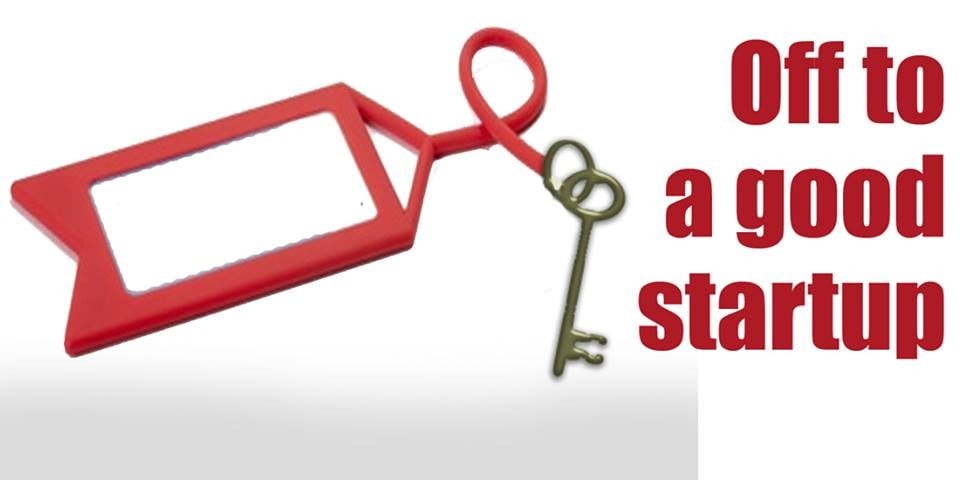
Our Special Report today welcomes the new era of small entrepreneurship in the hope that ideas of this kind will help the country break its cycle of poverty and equalise both opportunity and wealth

A tandoor that sells nutella naans, a music streaming platform and then another one, a website that offers you multiple travel options and so on. These are all creative solutions to some of our pressing needs. Somewhere someone thought about these problems and their solutions, facilitating the consumers and making money in the process.
This perhaps is as close as it can get to a layperson’s definition of startups. In more technical terms, these are entrepreneurial ventures that ride "on a wave of technological modernisation" and are "duly aided by the influx of social media". It may only be a coincidence that these are all run by young people who may or may not have been to a business school but who are excited by the prospect of startup businesses.
The idea has travelled far it seems. Today, the startup businesses are almost institutionalised at places like LUMS and Plan9 in Lahore.
But why do we need them in the first place? As Ahmed Haleem Khan, the man behind the LUMS Centre for Entrepreneurship, says that such initiatives are important in times when the economy is growing slow, there is limited foreign investment and there are fewer jobs available. No wonder, we have seen many students from this institution getting involved in startups.
Interestingly, the social media outlets that these startups now depend on in a major way started off as startups too. Our Special Report today welcomes this new era of small entrepreneurship in the hope that ideas of this kind will help the country break its cycle of poverty and equalise both opportunity and wealth.